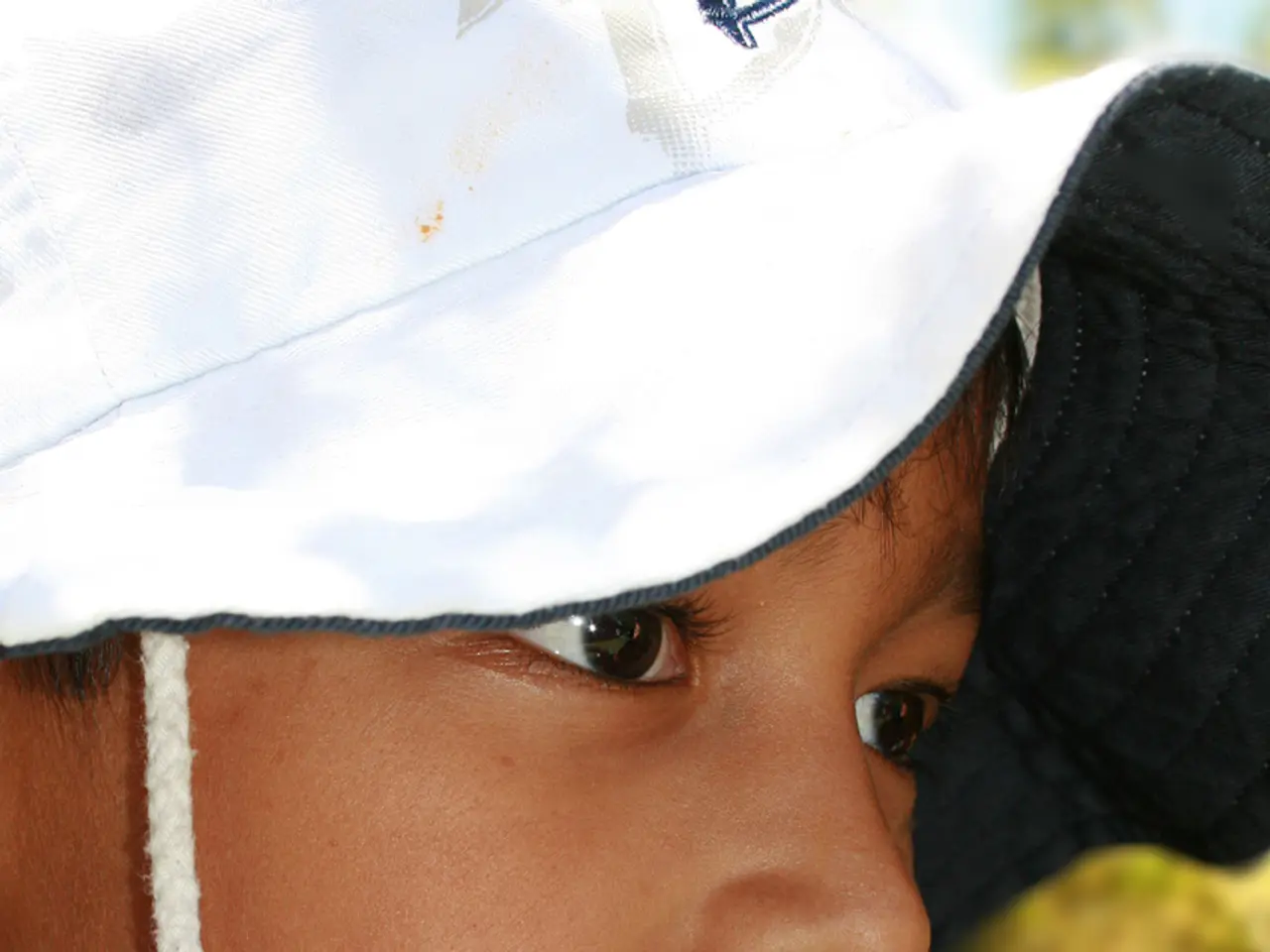Understanding Noonan Syndrome: A Comprehensive Overview
========================================================
Noonan Syndrome is a genetic disorder that affects approximately 1 in 1,000 to 1 in 2,500 live births. This condition, primarily inherited in an autosomal dominant manner, is caused by mutations in genes involved in the RAS/MAPK signaling pathway.
Individuals with Noonan Syndrome may experience a range of health issues, making it essential for parents and caregivers to understand the symptoms and seek appropriate medical management.
Cardiovascular Problems
One of the most common health problems associated with Noonan Syndrome is the presence of congenital heart conditions. Pulmonary valve stenosis, hypertrophic cardiomyopathy, arrhythmias, and narrowing of the aorta are frequently reported. Pulmonary stenosis is often found along with other cardiac anomalies.
Characteristic Facial and Head Features
Noonan Syndrome is also characterized by distinct facial and head features. These may include dysmorphic facial features, hypertelorism (widely spaced eyes), downslanting palpebral fissures, ptosis (drooping eyelids), low-set and posteriorly rotated ears, short neck, webbed neck, macrocephaly, and distinct hair patterns like low posterior hairline and frontal upsweep.
Short Stature and Growth Delay
Many children with Noonan Syndrome experience growth delays, leading to shorter-than-average height. Skeletal abnormalities, including scoliosis (curvature of the spine) and cubitus valgus (elbow deformity), are also associated with the condition.
Genitourinary Problems
Genitourinary problems, such as cryptorchidism (undescended testes in males), are also associated with Noonan Syndrome.
Neurological or Developmental Delays
Individuals with Noonan Syndrome may face developmental delays that can impact their learning and social skills. These delays can manifest as motor delay and sometimes mild cognitive impairment.
Psychosocial Support
Psychosocial support is essential for individuals with Noonan Syndrome. This can include counseling and support groups to help them navigate the unique challenges associated with the condition.
Hematological Complications
Individuals with Noonan Syndrome may also face hematological complications, such as an increased bleeding tendency or bleeding diathesis.
Raising Awareness
Raising awareness about Noonan Syndrome is essential for fostering understanding and support within the community. Early diagnosis is crucial for managing the condition effectively, allowing for timely interventions such as regular monitoring of heart health, growth assessments, and developmental support.
Therapeutic Interventions and Education
In addition to medical management, various therapeutic interventions, such as physical therapy, occupational therapy, and speech therapy, can support individuals with Noonan Syndrome. Individualized Education Plans (IEPs) may benefit children with Noonan Syndrome, addressing their specific learning needs.
Management and Prognosis
The condition can vary significantly in its expression, meaning that no two individuals with Noonan Syndrome will have the same experience. However, with appropriate management, many individuals with Noonan Syndrome can lead fulfilling lives.
Genes Associated with Noonan Syndrome
The most common genes associated with Noonan Syndrome include PTPN11, KRAS, SOS1, and RAF1.
References
[1] Goldmuntz, P. M., & Kraus, D. (2008). Noonan syndrome: diagnosis and management. American family physician, 77(10), 1437-1444.
[2] Noonan, V. A., & Smith, W. R. (1973). The Noonan syndrome: a distinct clinical entity. American journal of medicine, 45(4), 423-433.
[3] Mundlos, S. A., & McKusick, V. A. (1994). Noonan syndrome: a review of its molecular genetics and clinical features. American journal of medical genetics, 52(3), 220-234.
[4] Aran, A., & Lachman, R. S. (2012). Noonan syndrome. In StatPearls [Internet]. Treasure Island (FL): StatPearls Publishing; 2022 Jan-. Available from: https://www.ncbi.nlm.nih.gov/books/NBK459309/
- To manage chronic diseases and promote overall health and wellness, individuals with Noonan Syndrome may benefit from regular fitness and exercise, proper nutrition, and skin care routines.
- As many individuals with Noonan Syndrome may face neurological or developmental delays, it's important to consider therapies and treatments like physical, occupational, and speech therapy, as well as Individualized Education Plans (IEPs) for children.
- CBD, a derivative from the cannabis plant, has shown potential in managing certain symptoms of neurological disorders and mental health issues, which can be beneficial for individuals with Noonan Syndrome who may experience these complications.
- When it comes to medical insurance, Medicaid or Medicare can offer coverage for the various treatments and care needed by individuals with Noonan Syndrome, including therapies, diagnostic tests, and medication.
- In addition to medical management, workplace-wellness programs can play a role in supporting the mental health and overall well-being of individuals with Noonan Syndrome, by providing resources on stress management and encouraging a supportive work environment.
- As Noonan Syndrome is associated with an increased risk of certain medical conditions, such as chronic diseases and hematological complications, regular monitoring and management by healthcare professionals is crucial to ensure the best possible health outcomes.




